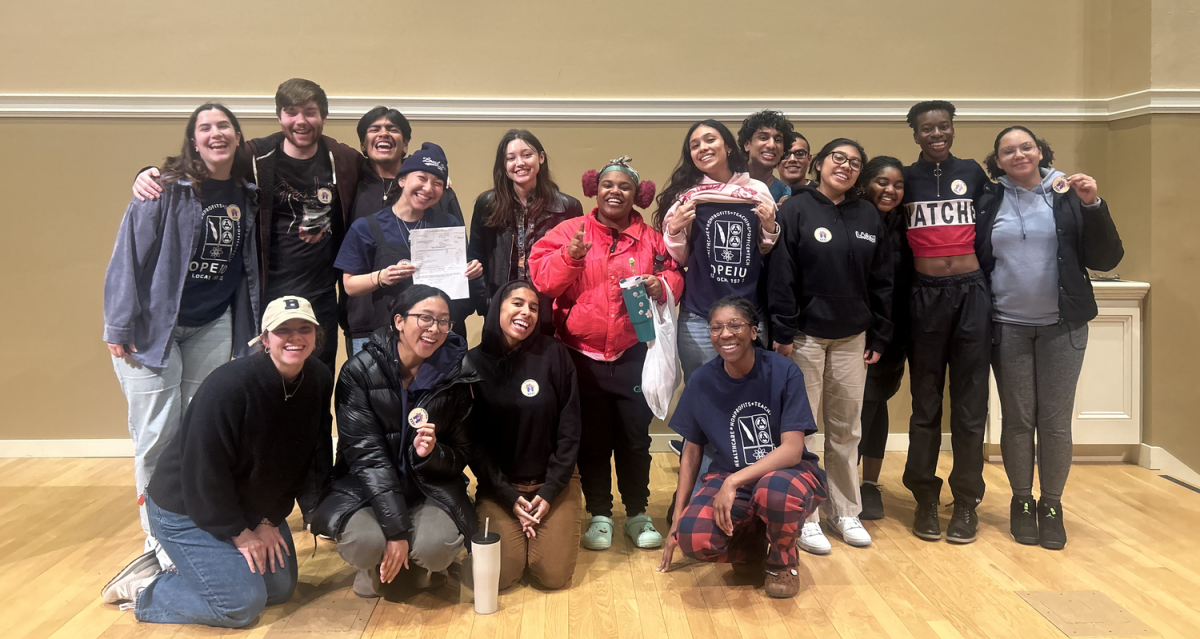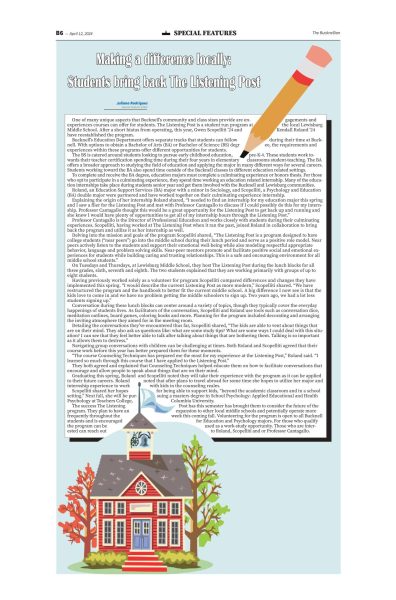Internet privacy is on the rocks with new overturn of Obama’s legislation
April 6, 2017
In a world where very little of what goes on online is private, a faction in the U.S. government recently overturned a number of internet privacy laws. These laws were overturned in a very close, almost exclusively party-lined vote, 215 to 205 in the House and 50 to 48 in the Senate. The regulations overturned were approved in former President Barack Obama’s last few months of office, and included requiring internet service providers to ask permission before sharing their customers’ web browsing information, app usage information, and geographic locations. This reduction in citizen protection is largely due to the new party in office and in control of Congress, but also because companies providing internet service are requesting this data without consent in order to market more effectively—or so we are told.
While Obama approved this legislation and was encouraging its implementation, it never reached full effect; internet privacy has never really existed. Therefore, the outrage that has accompanied this new rollback may be slightly misguided, but the broader privacy debate certainly is not.
If the privacy laws did not go into effect, why are critics getting angry now? The privacy laws passed by the Obama administration alongside the Federal Communications Commission would have given consumers more control over their own internet data, but not totally. These laws would not apply to the massive data collectors, Google and Facebook. Some may pity these internet service providers for being the only corporations subject to the rules, but many people are still not buying it. The argument is that while Facebook and Google may still use our data freely, decreasing our privacy is only worsening their public appearance.
Overturning the Obama administration’s regulations will not only allow internet service providers to use all data belonging to individual citizens, but will also allow private citizens to buy other people’s internet data. Angered politicians and citizens have even begun to retaliate, creating crowd-funded pages with the intention of buying and publicly releasing internet data belonging to the members of Congress who voted for the overturn.
Concerned citizens should certainly look into ways to avoid this legislation that is now in the hands of our president, having already passed through Congress. A few ways that have been suggested by privacy experts are the following: using a virtual private network, turning on internet browsers’ do-not-track feature, clearing advertising ID on smartphones (a feature which allows for tracking pages on an individual smartphone and displaying advertisements to the user based on their track record), and turning off location-based ads.
President Donald Trump approved this rollback on April 4, foregoing the opportunity to show that he is on the people’s side by vetoing it. Unfortunately, the approval of these rollbacks will likely bring upon an even greater distrust of the government among many Americans trying to retain what little privacy they have left.























